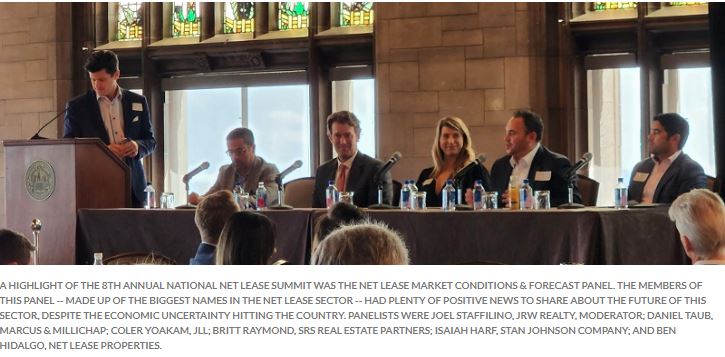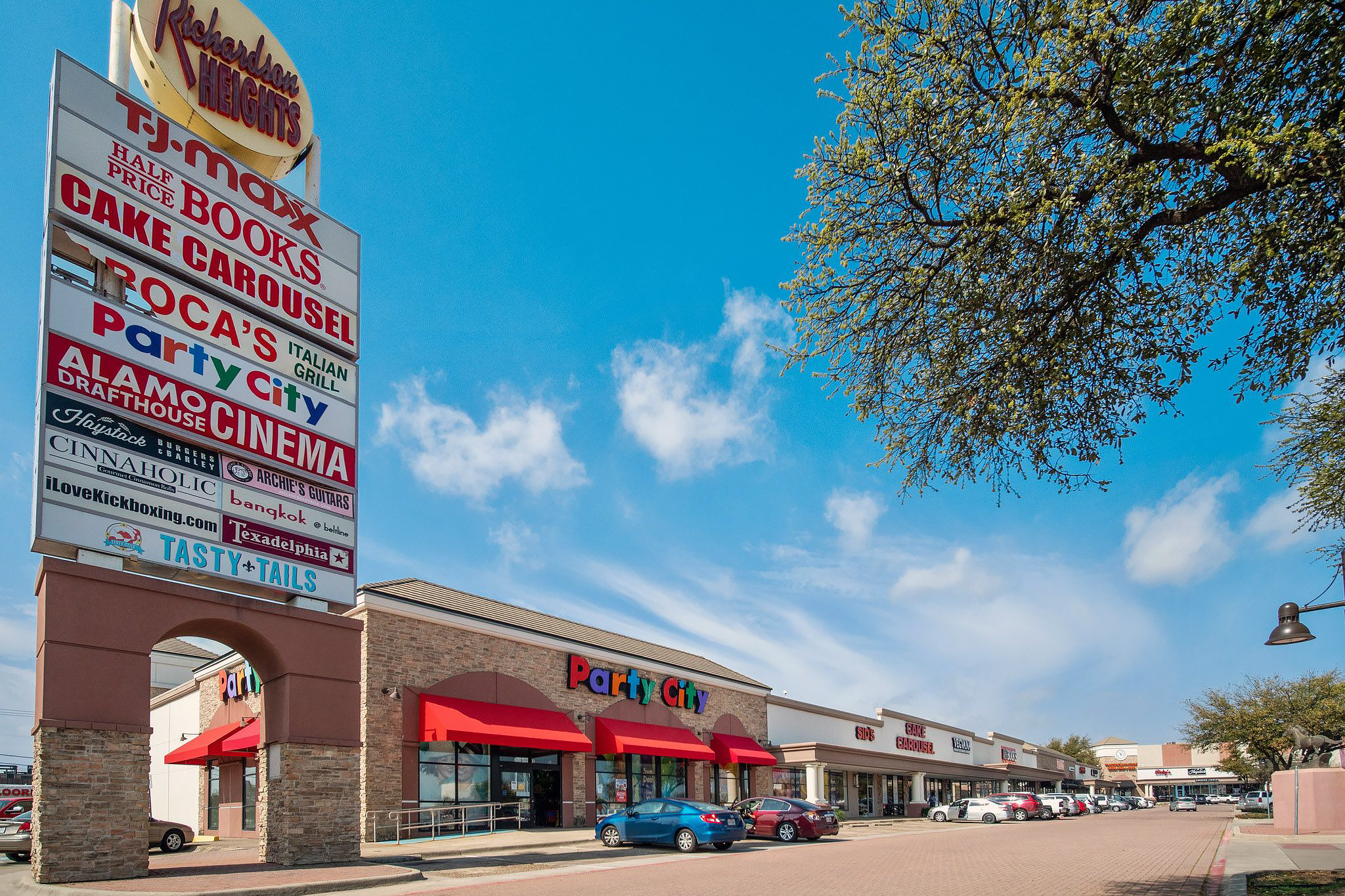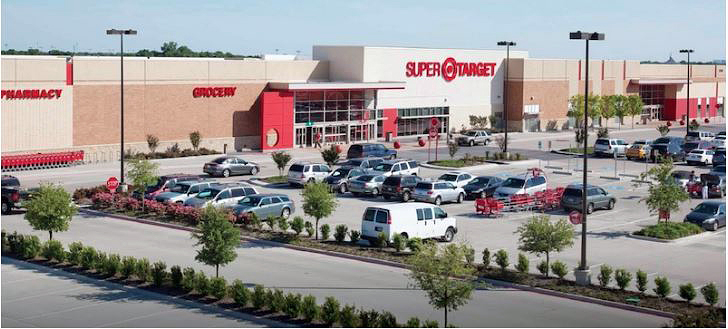Randy Blankstein, president of the Boulder Group in Wilmette, Illinois, in an interview with Midwest Real Estate News earlier this year referred to higher interest rates as a possible wrench in the net lease market, something that could slow this commercial sector’s long-building momentum.
And it’s true that interest rates were a big topic of conversation during the 8th annual National Net Lease Summit held by REjournals and Midwest Real Estate News July 28 at the University Club of Chicago. But the speakers during this event — and they included the biggest and most successful players in this space — all agreed, too, that the net lease market remains a resilient one, one capable of fighting through the country’s current economic uncertainties.
As Blankstein said during his early summer interview with Midwest Real Estate News, demand remains high for net lease assets. That demand is strong enough that it is so far overcoming the challenges of higher interest rates. Speakers during the summit agreed: Net lease assets are so attractive, demand is not yet waning.
Optimism, then, ruled the day during the summit. Speakers focused on the strength of such net lease products as drug stores, fast-casual restaurants with drive-thru lanes, dollar stores and auto-supply stores. They also pointed out the seemingly endless demand for industrial real estate.
It was a day filled with positive messages. And the biggest? Yes, rising interest rates are a challenge and could scuttle some net lease deals. But this sector remains resilient. And investors still love this asset class.

Despite the economic challenges facing the country, members of the National Net Lease State of the Market panel had plenty of good news to share with attendees. Participating in this panel were Joel Tomlinson, Ares Management; Randy Blankstein, moderator, The Boulder Group; Andres Dallal, Strategic Lease Partners; Gordon Whiting, Angelo Gordon; Richard Hurd, Hurd Real Estate; and Zachary Pasanen, W.P. Carey.

The optimism continued with the Net Lease Capital Markets Overview panel. Speaking on this panel were Joshua Zhang, Four Corners Property Trust; Ralph Cram, moderator, Envoy Net Lease Partners; Caitlin McLaughlin, Prudential Private Capital; Sean Keane, First Savings Bank; and Karly Iacono, CBRE.

Industrial and healthcare real estate remain in high demand from investors. Speaking about the seemingly unquenchable demand for these product types were Industrial and Healthcare Net Lease panel participants Chad Firsel, moderator, Quantum Real Estate Advisors; Tivon Moffitt, Institutional Property Advisors; Robert Vanecko, Brennan Investment Group; and Gino Lollio, Cushman & Wakefield.

Members of the Net Lease Sale-Leaseback panel were Guy Ponticiello, CBRE; Andrew Sandquist, Newmark; Elizabeth Randall, moderator, Randall Commercial Group; David Piasecki, BV Net Lease Capital; Daniel Nyhan, Mesirow Financial; and James Hanson, Avison Young.
Brandon Svec, national director of retail analytics for CoStar, served as the keynote speaker of the summit. He shared the strong activity numbers in the net lease sector with attendees.

Sharing the latest news on the future of the 1031 Exchange program, were Daniel Wagner, Inland Real Estate Group; Tracy Treger, Syndicated Equities; and Matthew Douglas, Accruit, all of whom participated in the summit’s 1031 Tax Exchange Update panel.










